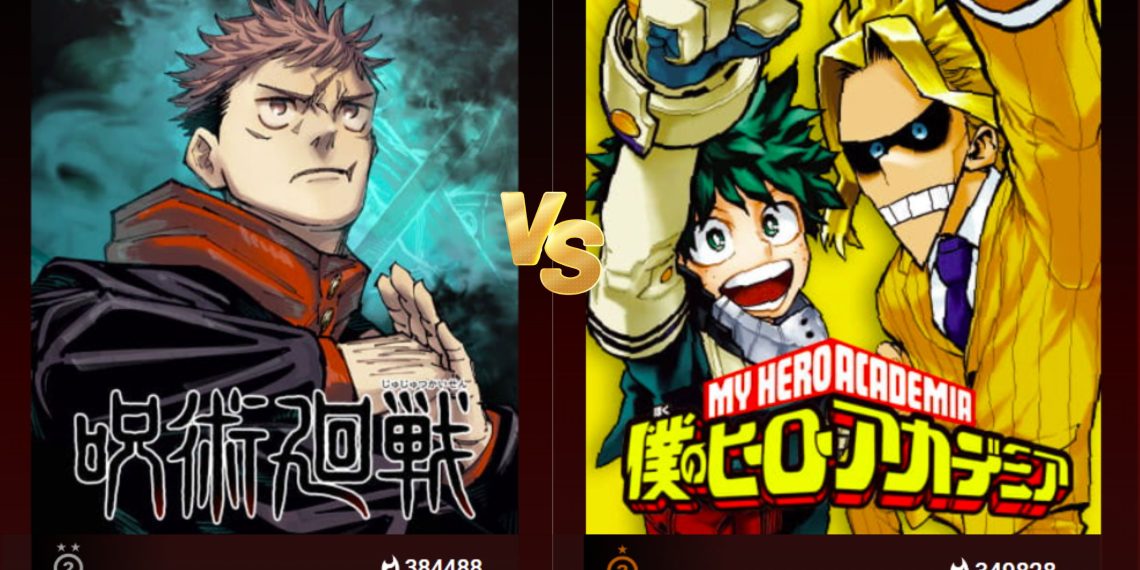The world of anime and manga is vast and dynamic, with new series constantly vying for the attention of fans across the globe.
Among the myriad of stories that have attracted the audiences, “My Hero Academia” stands out as a series that has made a significant impact since its debut.
Launched in 2014 by Kohei Horikoshi, the “My Hero Academia” manga quickly became a cornerstone of the anime community, driving both the series and its corresponding anime adaptation to widespread popularity.
Over the years, however, as with many long-running series, the fervor surrounding “My Hero Academia” began to wane, with newer series rising to challenge its dominance.
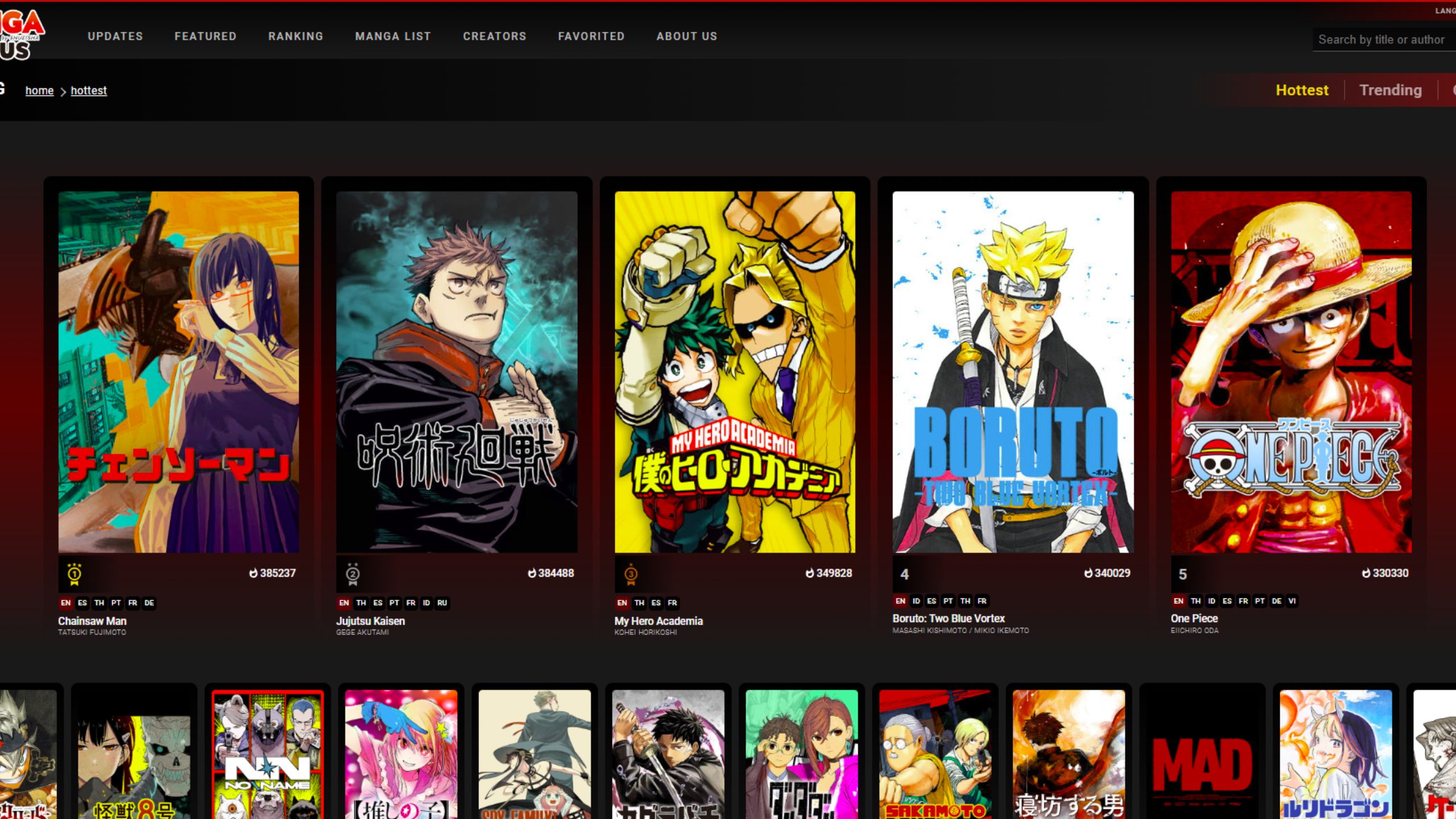
Despite this, the fandom remained active, vocal, and deeply invested in the narrative and characters that had become integral to the story of modern anime.
As the series approached its end, many fans were eager to see how it would rank among its peers, especially on platforms like Shueisha’s MANGA Plus, which has become a key indicator of a series’ current popularity.
The platform’s rankings, though unofficial, serve as a barometer for the anime community, offering insight into which series are currently capturing the most attention.
Throughout its run, “My Hero Academia” had struggled to break into the top three rankings, often finding itself overshadowed by other popular series such as “Boruto: Naruto Next Generations”, “Jujutsu Kaisen”, and “One Piece”.
However, the release of the final chapter provided the series with the boost it needed to surpass “Boruto” and claim a spot in the top three a significant achievement, albeit one that was still eclipsed by the reigning giants of the shonen genre.
The Climactic Finale: Chapter 430’s Impact on Rankings
On August 4, 2024, fans of “My Hero Academia” were treated to the highly anticipated release of Chapter 430, marking the ending of the series.
This chapter was met with mixed emotions from the fandom, as some praised the resolution of long-running plotlines and character arcs, while others felt that the ending did not live up to the immense buildup that had preceded it.
Regardless of individual opinions on the finale, there was a shared sense of respect for the series and its creator, Kohei Horikoshi.
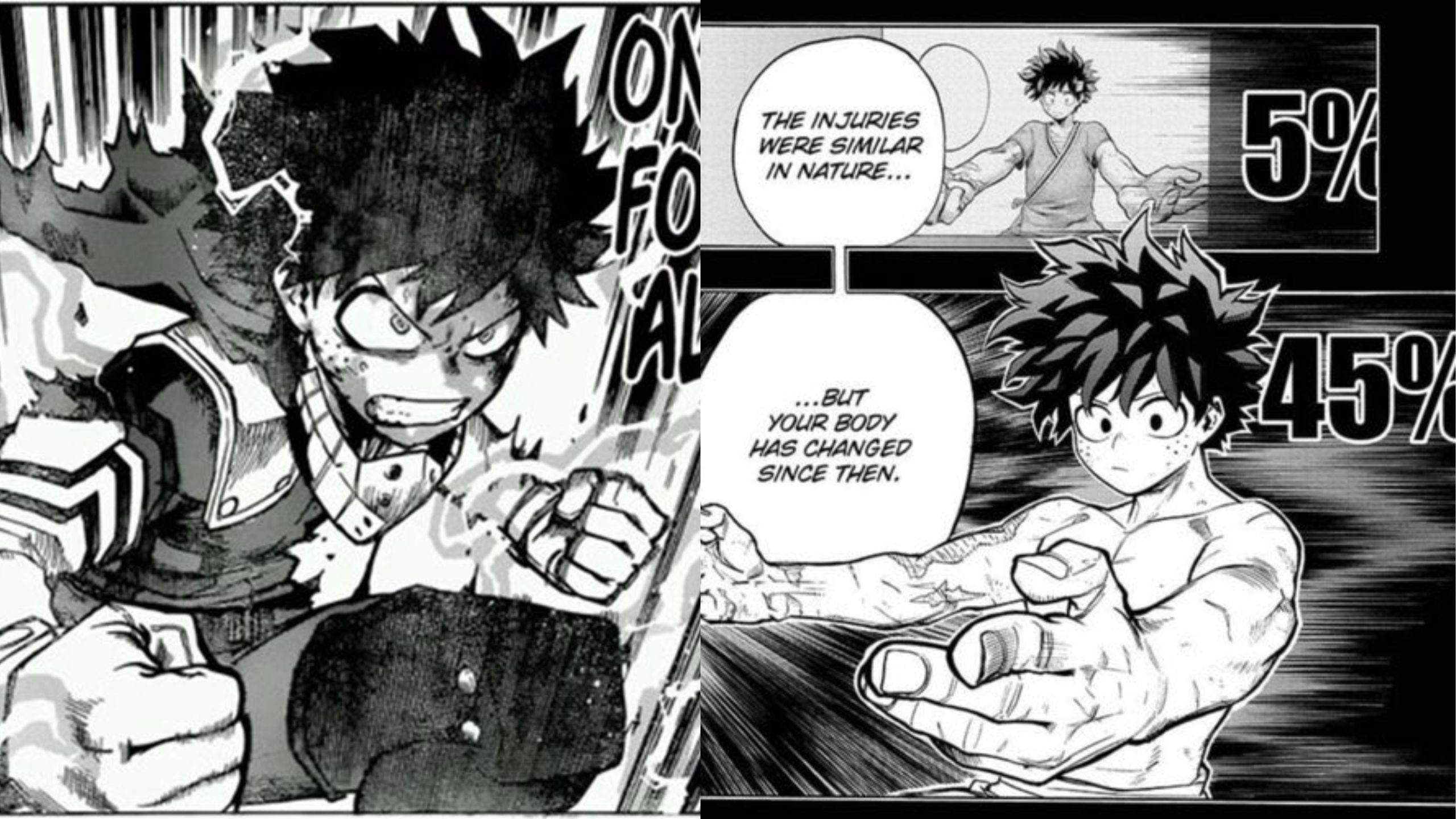
Over the past decade, “My Hero Academia” had become more than just a manga; it had become a cultural phenomenon that played a crucial role in the popularization of mainstream anime in the 2010s and 2020s.
The final chapter’s release was met with a surge of activity on MANGA Plus, as fans flocked to the platform to read the ending of a story that had been part of their lives for years.
The excitement surrounding the finale was palpable, with some reports suggesting that the influx of readers caused temporary disruptions on the platform.
Although these reports remain unconfirmed, they reflect the high level of interest that “My Hero Academia” still commanded, even in its final moments.
This surge in readership allowed the series to break into the top three rankings on MANGA Plus, a position it had long sought but had rarely achieved during its run.
By surpassing “Boruto”, “My Hero Academia” demonstrated its enduring appeal and the strong connection it had forged with its audience.
The Shonen Genre’s Next Big Thing
While the achievement of breaking into the top three was significant, it was tempered by the fact that “My Hero Academia” was unable to claim the top spot.
That honor remained with “Jujutsu Kaisen” and “Chainsaw Man”, two series that have attracted the audiences with their dark themes, complex characters, and intense action.
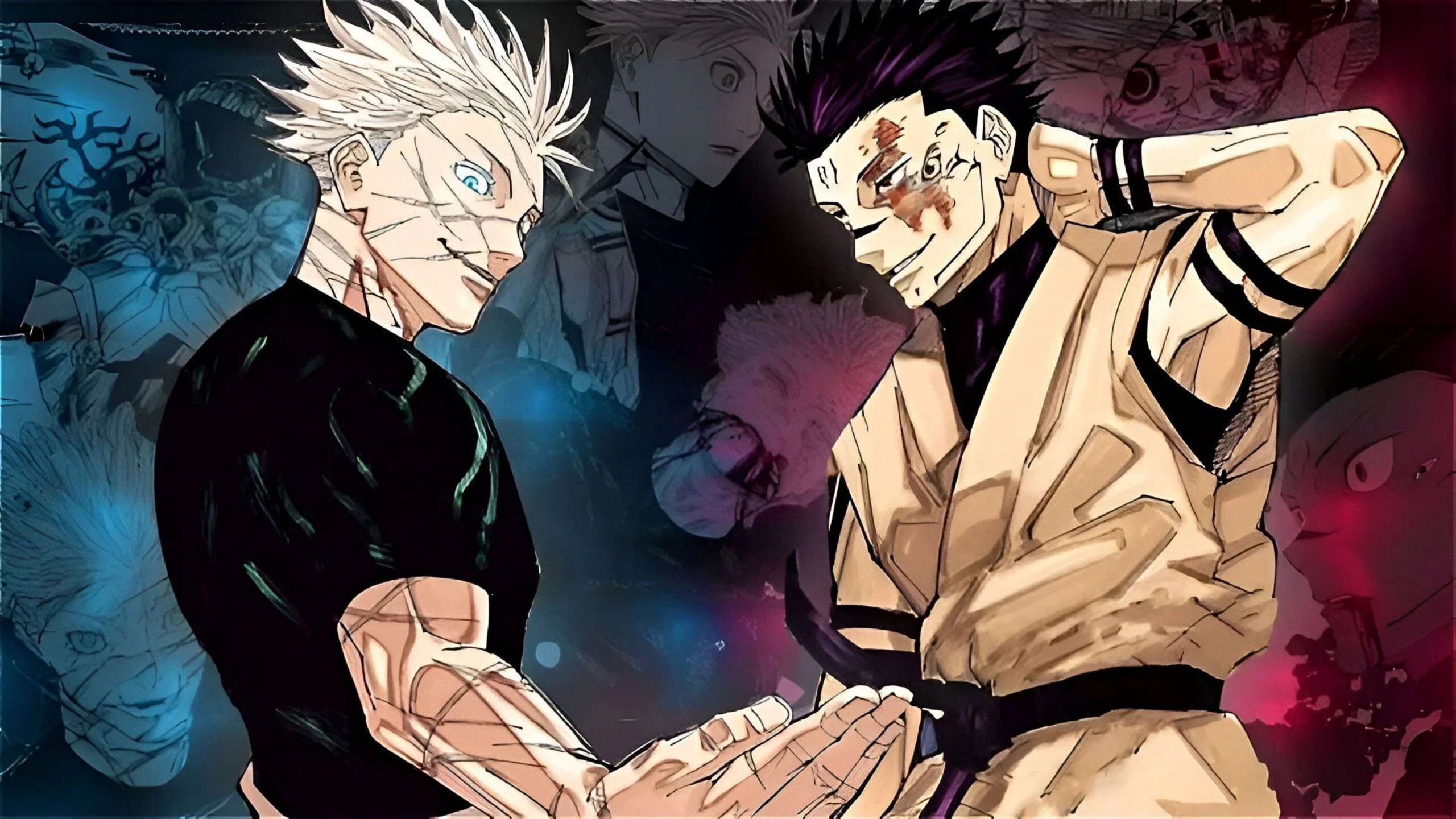
The margin by which these series outpaced “My Hero Academia” was considerable, underscoring the shifting dynamics within the shonen genre.
As the industry continues to evolve, newer series are stepping into the limelight, challenging established titles and redefining what it means to be a successful shonen manga.
The final of “My Hero Academia” also comes at a time when other major shonen series are nearing their finales.
“Jujutsu Kaisen”, which has consistently ranked at the top of MANGA Plus, is expected to reach its final in the near future, as is “One Piece”, a series that has been a mainstay of the manga world for over two decades.
The impending end of these series has sparked discussions among fans and industry experts alike about the future of the shonen genre.
Which series will rise to take their place? Will the next big hit come from an established author or a newcomer with a fresh perspective? These questions loom large as the manga industry prepares for a period of transition.
The Legacy of My Hero Academia
As we reflect on the journey of “My Hero Academia”, it’s important to recognize the legacy it leaves behind.
The series was more than just a story about superheroes; it was a narrative that explored themes of heroism, morality, and the complexities of growing up in a world where power and responsibility are closely intertwined.
Through its characters, “My Hero Academia” offered readers a chance to see themselves reflected in the struggles and triumphs of young heroes like Izuku Midoriya, who embodied the spirit of perseverance and determination.
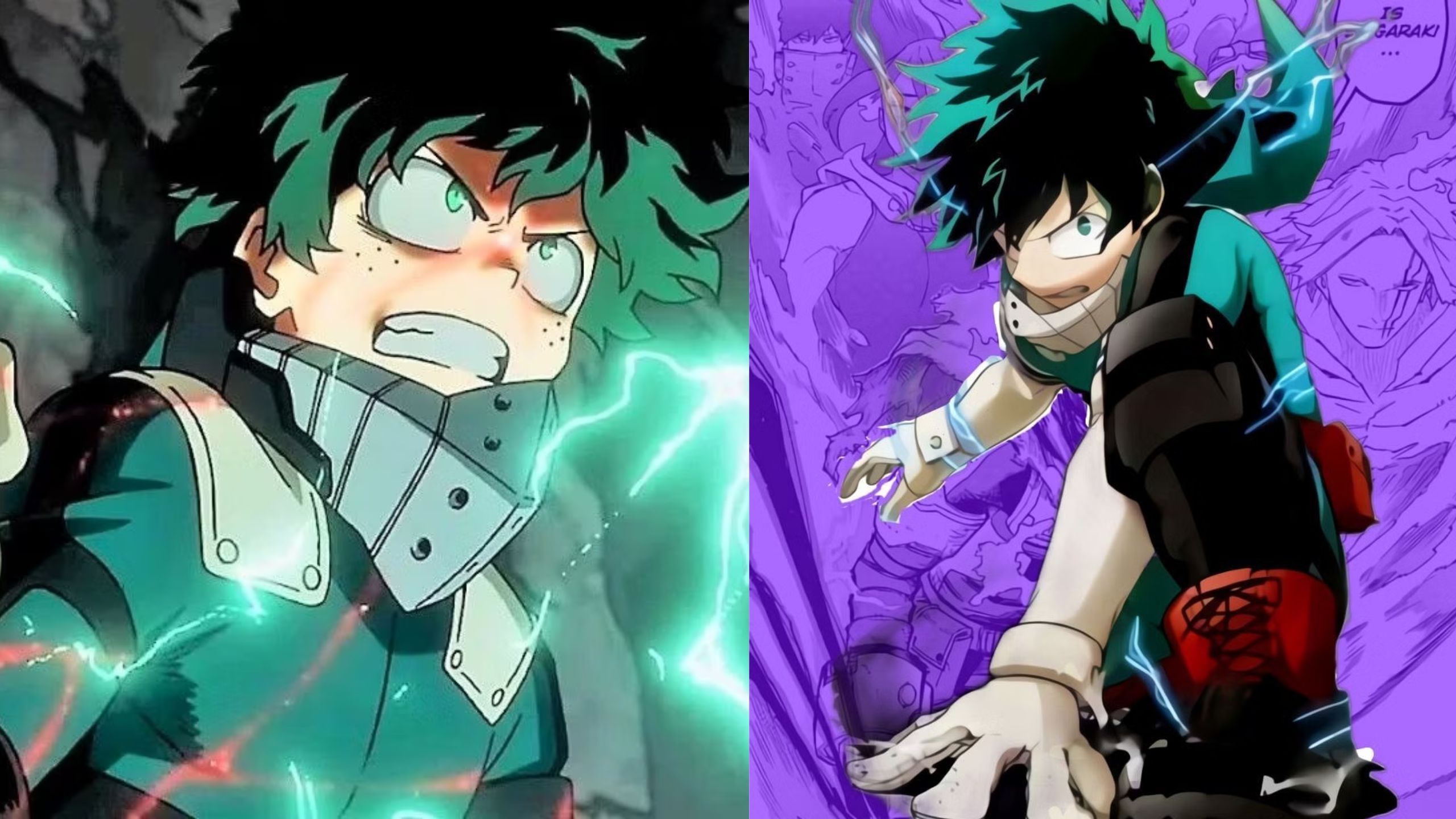
The series also played a significant role in shaping the fictions of modern shonen manga, influencing a generation of creators and inspiring countless fans around the world.
Despite the mixed reception to its finale, “My Hero Academia” will be remembered as a series that pushed the boundaries of the shonen genre and opened the door for various and complex storytelling within the medium.
Its impact can be seen in the success of subsequent series that have taken inspiration from its themes and narrative structure.
As the industry moves forward, the influence of “My Hero Academia” will continue to be felt, both in the works of those it inspired and in the ongoing conversations about what makes a great shonen manga.
The Role of Fandom in Shaping a Series’ Success
One of the most fascinating aspects of “My Hero Academia”‘s journey has been the role of its fandom in shaping its success.
From the beginning, the series attracted a passionate and engaged fanbase that played a crucial role in its rise to prominence.
Online communities, fan art, and fan fiction helped to keep the series in the public eye, even as newer titles emerged to compete for attention.
The fandom’s enthusiasm also translated into strong sales figures, with “My Hero Academia” consistently ranking among the best-selling manga series of its time.
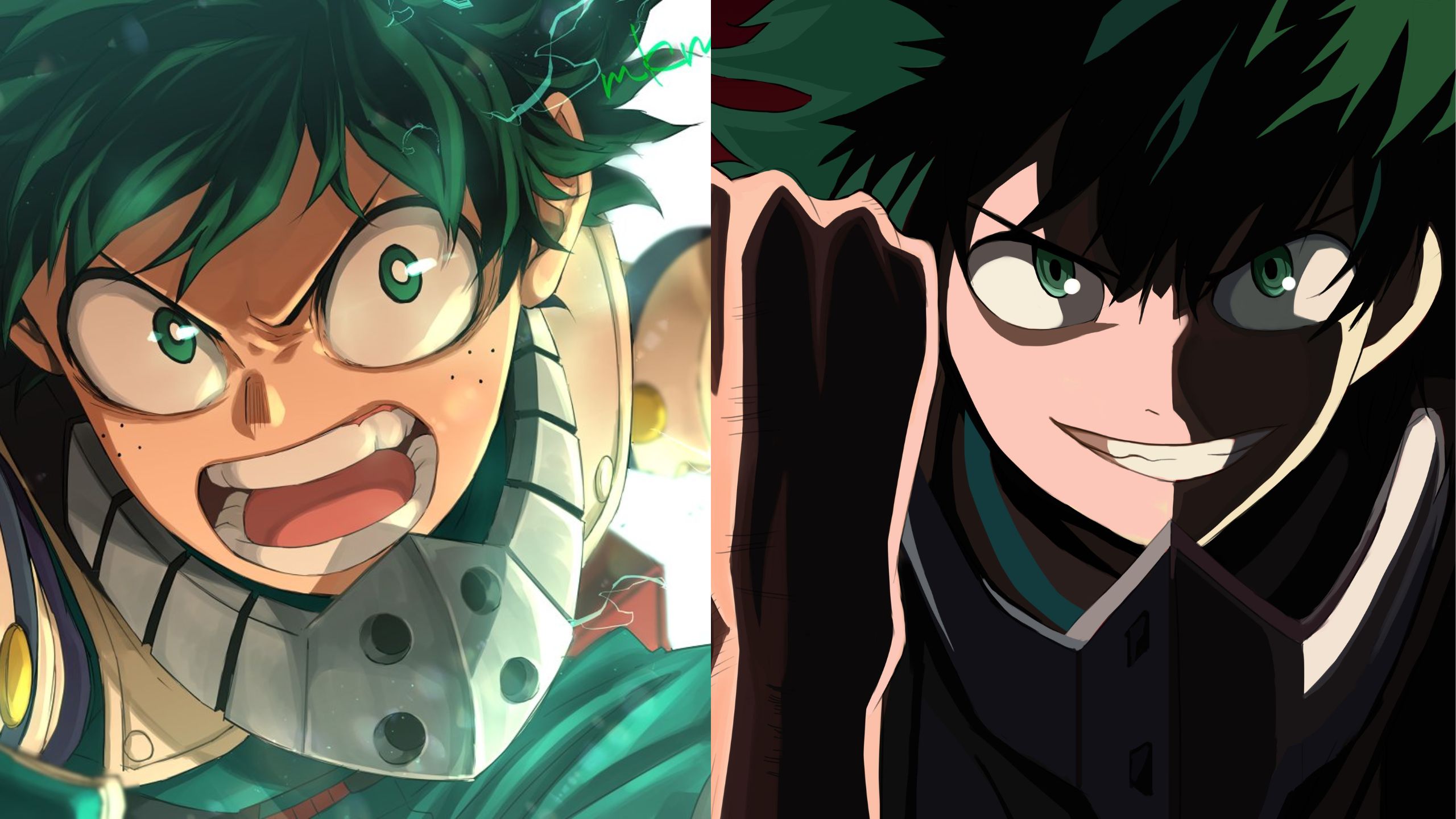
As the series progressed, the fandom became more than just a group of readers; it became a driving force behind the series’ continued success.
This was particularly evident in the lead-up to the release of Chapter 430, as fans rallied to show their support for the series in its final moments.
The discussions, debates, and celebrations that took place online reflected the deep connection that fans felt to the story and its characters.
Even as the series faced criticism and controversy, the fandom remained loyal, demonstrating the power of community in the manga world.
The Competitive World Of Shonen Manga
The competition between “My Hero Academia” and other leading shonen series highlights the highly competitive nature of the manga industry.
With so many series vying for the top spots, even a well-established title like “My Hero Academia” faced challenges in maintaining its position.
The success of “Jujutsu Kaisen” and “Chainsaw Man” in particular underscores the changing tastes of manga readers, who are increasingly drawn to darker, more mature themes.
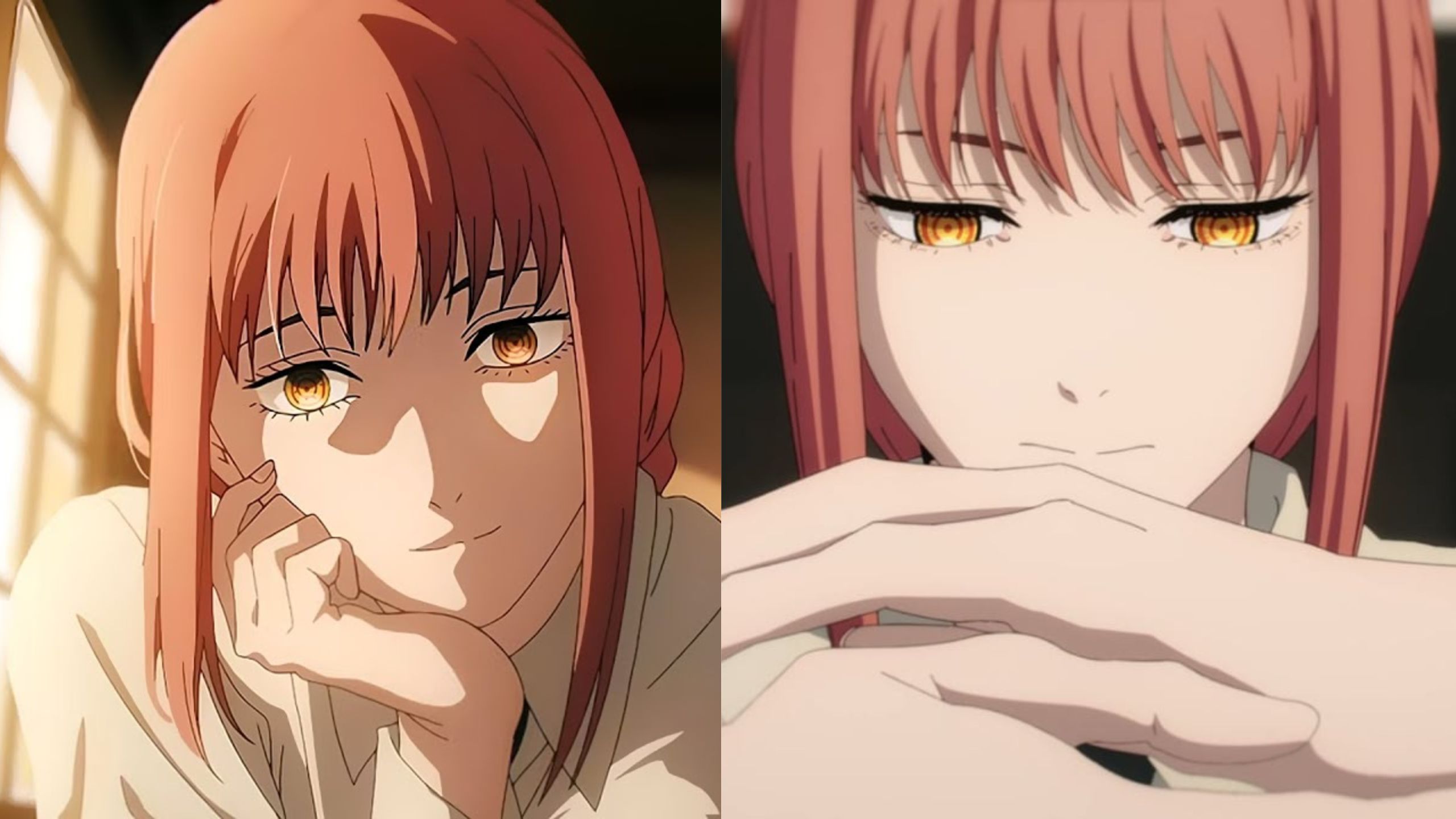
These series have managed to capture the zeitgeist of the current generation, offering stories that resonate with readers on a deeper level.
In contrast, “My Hero Academia”‘s more traditional approach to the shonen genre, with its emphasis on heroism and idealism, may have contributed to its gradual decline in popularity.
However, this does not diminish the series’ achievements or the impact it has had on the industry.
Instead, it highlights the diversity of the manga market, where different types of stories can find success with different audiences.
As the shonen genre continues to evolve, it will be interesting to see how new series build on the foundations laid by “My Hero Academia” and its contemporaries.
The Future of Manga and the Enduring Appeal of Shonen
As we look to the future of manga, it’s clear that the shonen genre will continue to play a central role in the industry.
While “My Hero Academia” may have reached its ending, the genre remains as vibrant as ever, with new series constantly emerging to capture the imaginations of readers.
The success of “Jujutsu Kaisen” and “Chainsaw Man” suggests that the future of shonen will be shaped by stories that explore darker, more complex themes, while still delivering the action and excitement that fans expect.
At the same time, the enduring appeal of shonen manga lies in its ability to adapt and evolve.
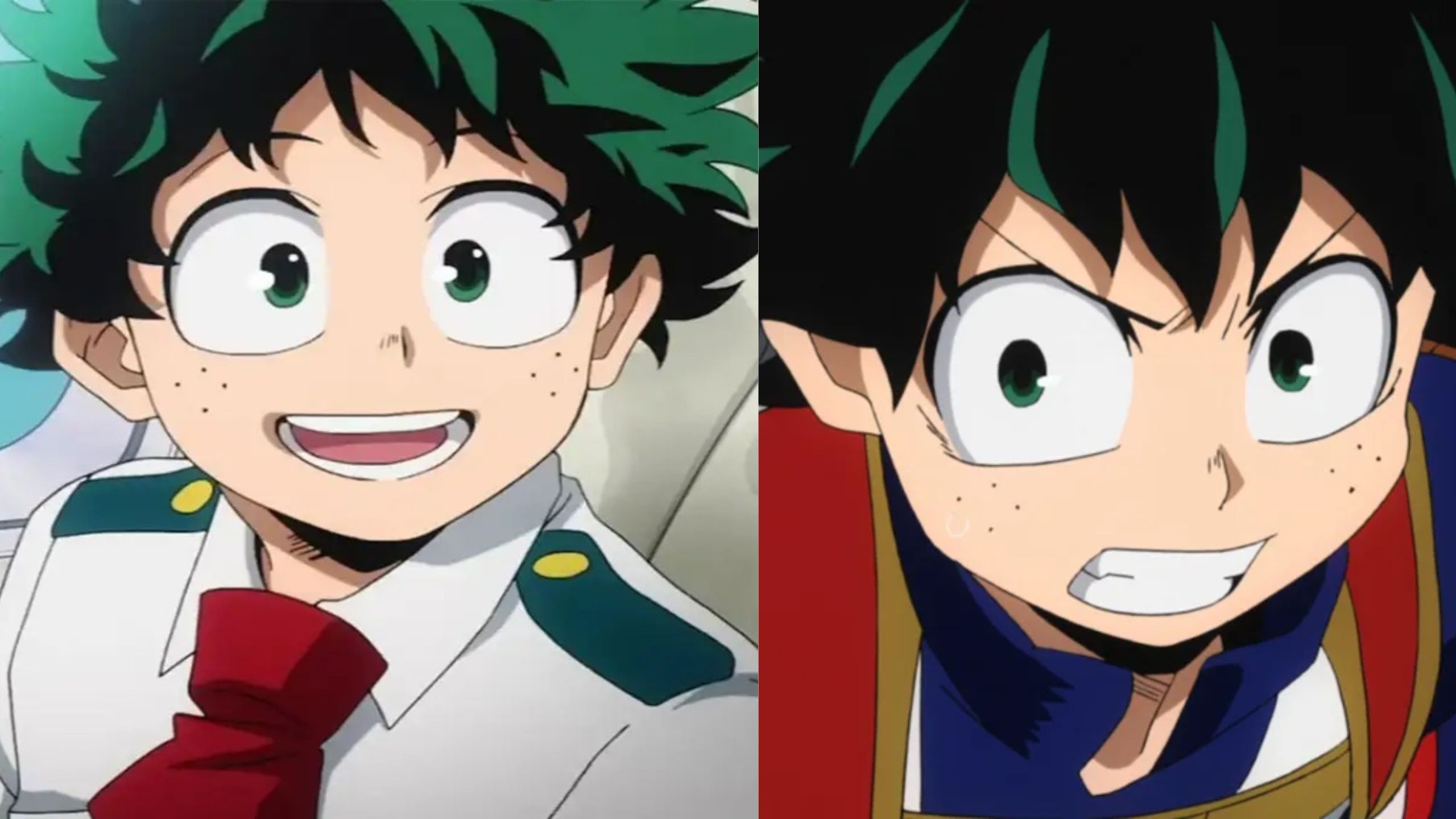
Just as “My Hero Academia” brought a fresh perspective to the genre when it debuted, future series will continue to innovate and push the boundaries of what is possible in manga storytelling.
Whether through new narrative techniques, unique character designs, or the exploration of previously untapped themes, the shonen genre will remain a dynamic and evolving force in the manga world.
The End of an Era and the Beginning of a New Chapter
The final of “My Hero Academia” marks the end of an era for many fans, but it also signals the beginning of a new chapter for the manga industry.
As the series takes its place in the pantheon of great shonen manga, it leaves behind a legacy of innovation, inspiration, and impact.
While the series may not have reached the very top of the MANGA Plus rankings, its influence on the industry and its significance to fans cannot be overstated.
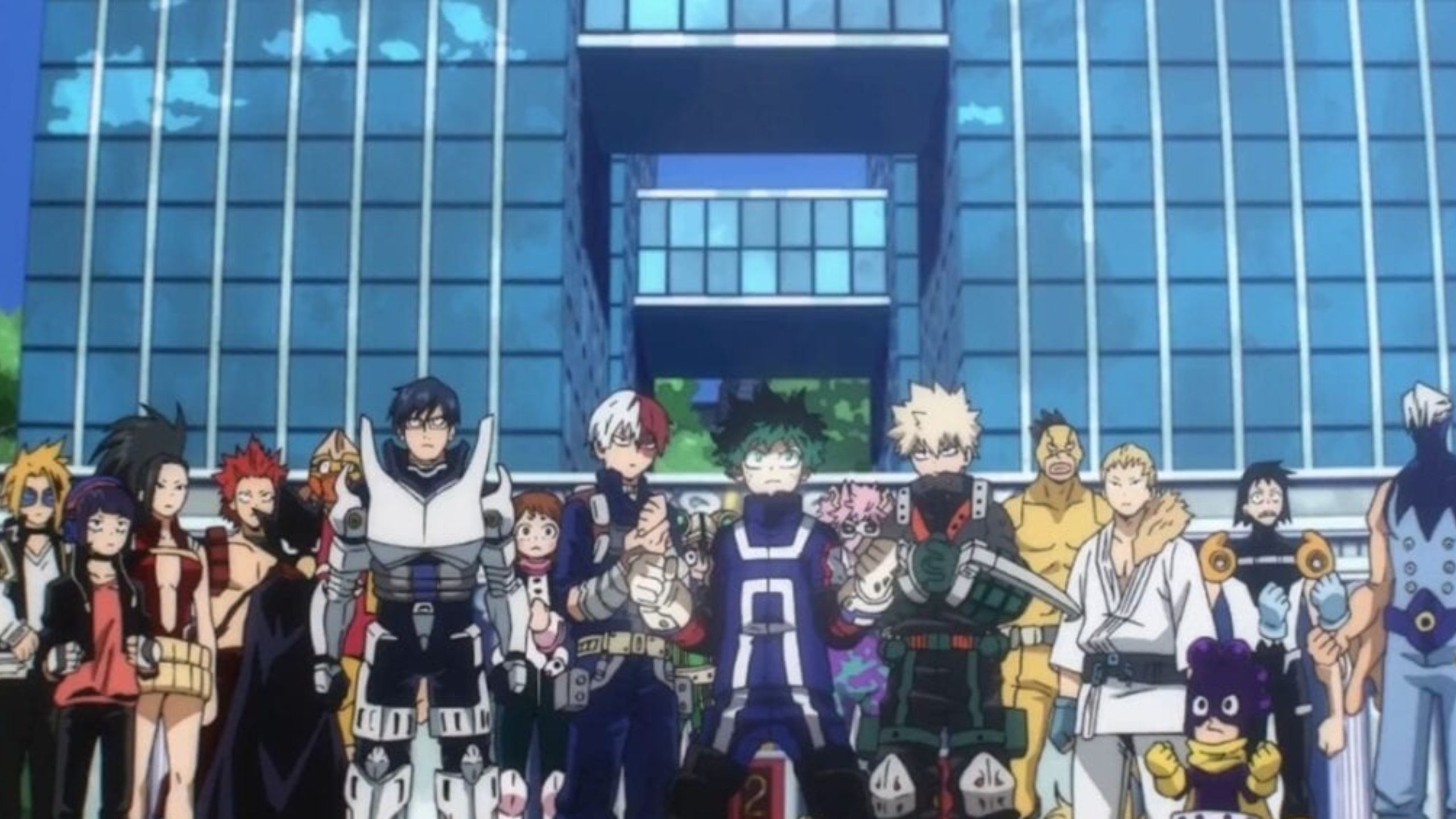
As we bid farewell to “My Hero Academia”, we do so with gratitude for the memories it has given us and with anticipation for what the future holds.
The world of manga is always changing, and as one story ends, another begins. In the ever-evolving scenery of shonen manga, the legacy of “My Hero Academia” will continue to inspire new generations of creators and fans alike, ensuring that its impact will be felt for years to come.


